No products in the cart.
We deliver to:
🇦🇺 Australia
🇨🇦 Canada
🇨🇿 Czechia
🇩🇰 Denmark🇪🇪 Estonia
🇮🇪 Ireland
🇮🇱 Israel
🇮🇹 Italy
🇯🇵 Japan
🇲🇽 Mexico
🇵🇱 Poland
🇰🇷 South Korea
🇨🇭 Switzerland
🇬🇧 United Kingdom
🇺🇸 United States of Americaand more
We deliver to:
🇦🇺 Australia
🇨🇦 Canada
🇨🇿 Czechia
🇩🇰 Denmark🇪🇪 Estonia
🇮🇪 Ireland
🇮🇱 Israel
🇮🇹 Italy
🇯🇵 Japan
🇲🇽 Mexico
🇵🇱 Poland
🇰🇷 South Korea
🇨🇭 Switzerland
🇬🇧 United Kingdom
🇺🇸 United States of Americaand more
[category_image]
Vocara oral drops dropper bottle 50 ml
$44.63
Vocara is a complex homeopathic remedy. The drug has a pronounced local and general anti-inflammatory effect.
Categories: Cold and flu, Homeopathy
Brand: Perrigo
Pharmacological properties
Vocara is a complex homeopathic remedy. The drug has a pronounced local and general anti-inflammatory effect.
In case of angina, scarlet fever, chronic tonsillitis, the action of the drug is aimed at eliminating the symptoms of the disease. Prevents the chronicity of the inflammatory process and the occurrence of exacerbations. Reduces hyperemia and edema of the palatine tonsils, accelerates the cleansing of the surface and lacunae from plaque and pus, reduces the risk of purulent-necrotic complications, and helps eliminate the focus of chronic intoxication.
The drug helps eliminate the manifestations of intoxication due to infection: increased body temperature, chills, peripheral vascular spasm and impaired microcirculation, a feeling of weakness in the body, muscle pain, asthenia.
The immunomodulatory effect helps eliminate regional lymphadenopathy and lymphadenitis in diseases of the oropharynx and ENT organs.
Reduces symptoms accompanying scarlet fever, including immunopathological ones (lymphadenopathy, capillary toxicosis, myocarditis).
In pharyngitis, laryngitis, tracheitis, it eliminates inflammation, obsessive cough and sore throat, helps restore the structure and function of the mucous membrane, reduces laryngospasm, and makes breathing easier.
When treating stomatitis and gingivitis, the use reduces redness and swelling of the mucous membrane, pain syndrome, and accelerates the healing of aphthous mucosal lesions.
Indication
Treatment of inflammatory diseases of the oropharynx: tonsillitis (including Vincent-Plaut), chronic tonsillitis, pharyngitis, laryngitis, stomatitis, gingivitis, including those with regional lymphadenopathy and lymphadenitis.
Application
Adults and children over 12 years of age: 10 drops of the drug in pure form or diluted in 1 tablespoon of water;
children aged 5-12 years: 5-7 drops of the drug diluted in 1 tablespoon of water;
children from 1 year to 4 years: 1-4 drops of the drug diluted in 1 tablespoon of water.
Take the drug 3 times a day.
At the beginning of treatment or in cases requiring rapid relief of symptoms, the drug can be taken every 30 minutes – 1 hour up to 8 times a day until the condition improves, but for no more than 3 days, after which it can be used 3 times a day.
To achieve maximum effect, it is recommended to take the drug between meals (30 minutes before or 1 hour after a meal), hold the drug in your mouth for some time before swallowing.
The course of treatment for acute diseases is until complete recovery. In the treatment of exacerbations of chronic diseases, the recommended course of treatment is 6 weeks.
When treating chronic tonsillitis, an anti-relapse course of treatment for 6 weeks twice a year is recommended to prevent exacerbation of the disease.
Children. The drug is prescribed to children over the age of 1 year.
Use of the drug in children under 1 year of age is not recommended due to insufficient data. Use of the drug in children aged 1-6 years – on the recommendation of a doctor.
Contraindication
Hypersensitivity to any component of the drug.
Side effects
Allergic reactions, including rash, itching, urticaria, may occur. Increased salivation may occur after taking the drug. In this case, the use of the drug should be discontinued.
Special instructions
Vocara oral drops should not be used in patients with alcohol dependence, as one dose (5/10 drops) contains 80/160 mg of alcohol.
The alcohol content should also be taken into account when used during pregnancy, breastfeeding, in children and patients at high risk of liver disease or epileptic seizures.
Vocara oral drops contains traces of lactose monohydrate (10 mg per maximum daily dose). This amount does not pose a risk for patients with lactose intolerance. Patients with rare hereditary forms of galactose intolerance, the Lapp lactase deficiency or glucose-galactose malabsorption should not take this medicine.
At the beginning of treatment, existing symptoms of the disease may temporarily worsen (primary reaction). This reaction is usually not harmful. If symptoms persist, the drug should be discontinued. After the primary reaction has disappeared, the drug can be used again. If symptoms recur, the drug should be discontinued.
If symptoms worsen, or if there is no improvement after 7 days of treatment, you should consult a doctor.
Long-term treatment with homeopathic medicines should be supervised by a doctor with experience in the use of homeopathic medicines, as symptoms may occur that are not listed in the instructions for medical use.
Since Vocara contains herbal and other natural ingredients, a slight change in the taste, transparency, or color of the solution may occur during storage, which does not lead to a decrease in the quality and effectiveness of the drug.
Use during pregnancy and breastfeeding. There are no data on the use of the drug during pregnancy and breastfeeding. There is no evidence of any risk of taking the drug during pregnancy and breastfeeding. Use of the drug during pregnancy and breastfeeding is recommended with caution.
There are no data on the effect of the drug on reproductive function.
The ability to influence the reaction rate when driving vehicles or working with other mechanisms. Despite the alcohol content, the drug in recommended doses does not affect the ability to drive vehicles and mechanisms.
Interactions
There is currently no information regarding interactions with other medications.
An unhealthy lifestyle, the use of stimulants, and an unhealthy diet can negatively affect the effectiveness of homeopathic medicines.
Overdose
No cases of overdose have been registered.
Storage conditions
In a tightly closed bottle in the original cardboard packaging at a temperature not exceeding 30 °C, out of the reach of children.
Current information
Vocara is a complex homeopathic preparation from the line of preparations of the company “Richard Bittner AG”, Austria. It consists of components that act on the same group of symptoms, which allows you to abandon the individual selection of homeopathic monopreparations. Vocara is a non-prescription preparation, so it can be prescribed by a doctor or used for self-treatment. The versatility of the preparation is ensured by the fact that it contains the following active components:
Salvia is a preparation of sage. Dried leaves of the plant are used for its manufacture. The medicinal effect of the plant is provided by such active substances as pinene, salve, cineole, camphor, borneol and zea, as well as phytoncides and organic acids (oleic and ursolic). The main indications for the use of this drug are debilitating night sweats in patients with pulmonary tuberculosis, as well as galactorrhea, since it has the property of suppressing the work of all sweat glands in the body. Sage also reduces the secretion of milk, so it is not recommended during breastfeeding. In addition, water and alcohol extracts of sage are used to treat angina or laryngitis (Wijersundara NM 2017), as they relieve the feeling of dryness in the mouth and oropharynx, a state of weakness and fatigue.
Phytolacca is a drug made from the plant Lakonos. This plant is widely known in medicine for its anti-inflammatory, antimicrobial, immunomodulatory and tonic properties. It is widely used in folk medicine for the treatment of infectious and inflammatory lesions of the throat, rheumatism. In addition, it is used as a local antiseptic. In traditional Chinese medicine, it is known as an anti-inflammatory and antirheumatic medicine (Wang JX, 2018). In homeopathy, Phytolacca is used as a strong anti-inflammatory and analgesic. Phytolacca is prescribed for inflammatory diseases of the tonsils (tonsillitis) (Wiesenauer M., 19898), especially for their hyperemia and swelling, diseases of the vocal apparatus (laryngitis), stomatitis with plaque and redness of the tip of the tongue. It is used for pharyngitis, which is manifested by a dark red or bluish color of the oropharynx, burning pain when swallowing (radiating to the ears), swelling of the submandibular glands, accumulation of thick viscous mucus. Phytolacca is characterized by a pronounced affinity for glandular tissue, which includes the tonsils, lymph nodes and salivary glands. Relieves joint pain that occurs in damp cold weather. Relieves pulling muscle pain, fever with chills and weakness (Kent J.T., 2010). In addition, indications for the appointment of Phytolacca include scarlet fever, erysipelas of the skin and rheumatism, that is, those diseases whose pathogenesis is associated with beta-hemolytic streptococcus group A.
Belladonna is a monopreparation of the belladonna plant. It is actively used in homeopathic practice for the treatment of acute diseases, especially colds (ARVI) (Hawke K., 2018), which are characterized by sudden and rapid development, blood flow, a significant increase in body temperature, and angina. Homeopathic belladonna is another effective monopreparation for the treatment of scarlet fever (Chalmers I., 2009). This is one of the main homeopathic anti-inflammatory drugs in pediatric practice. The main area of application of homeopathic belladonna is acute inflammatory diseases of the nose, pharynx, ears, which are accompanied by severe catarrhal inflammation (feeling of dryness, burning, swelling, sneezing), but extremely rarely go into a purulent-destructive phase. Improves the condition of inflammatory processes in the larynx, which are manifested by a feeling of suffocation, spastic cough, hoarseness of the voice and can have varying degrees of severity, up to false croup.
Allows to alleviate the condition of fever of both constant and remitting nature, which is accompanied by a feeling of heat, a rush of blood, redness and swelling of exposed parts of the body, pronounced chills. It is relevant for acute lymphadenitis, which are located in the neck, under the lower jaw and behind the ears. Belladonna relieves a burning sensation and pain in the throat, inflammation of the tonsils. In terms of its effect on glandular tissue, homeopathic belladonna is similar to homeopathic phytolacca (Kent J.T., 2010).
Lachesis – snake venom – one of the most universal homeopathic preparations. Snake venom is suitable for practically all people regardless of their individual characteristics. This drug, as well as the previous components of Vocara, has a significant affinity for lymphoid tissue, therefore it is used to treat lymphadenitis and lymphadenopathy. Homeopathic snake venom is used to treat sore throats, its effect is especially pronounced in the treatment of chronic or recurrent tonsillitis. It also alleviates the condition in glossitis and glossopharyngitis, cervical and submandibular lymphadenitis, especially if the inflammatory process is accompanied by hyperesthesia of the adjacent skin (Kent J.T., 2010).
Mercurius solubilis Hahnemанni is a homeopathic monopreparation of mercury. Due to the very high degree of dilution of D12, the risk of poisoning with the drug is excluded. By analogy with the above-mentioned components, it has a high affinity for glandular tissue, therefore it is used for inflammation and swelling of the cervical, axillary and inguinal lymph nodes (these groups are most accessible during objective examination), submandibular and parotid salivary glands. Due to this property, it is even used to treat epidemic mumps. It prevents the development of suppuration, which is especially important if the patient has a tendency to complicate colds with otitis. In the presence of purulent discharge, it dilutes and facilitates its discharge. It also prevents the spread of the inflammatory process from the pharynx down to the trachea and bronchi. Before the era of antibiotic therapy, the drug was actively used to treat pneumonia. It relieves chest pain, cough and sore throat. Homeopathic mercury is good for fever that develops against the background of a cold (ARVI) or flu. It cures a cold quite quickly, but increases the patient’s susceptibility to colds, so they should be treated no more than 2 times during the cold season. It is used to treat stomatitis.
Thus, VOKAR has a pronounced local and systemic anti-inflammatory effect, as well as the ability to prevent an excessive response of the immune system to infection.
The components in the preparation are selected in such a way as to act on inflammatory processes in the mouth, pharynx and larynx. Vocara helps to reduce swelling and hyperemia of the tonsils, especially the palatine tonsils, accelerate the cleansing of the tonsils from inflammatory plaque, reduces the risk of developing purulent complications, and also helps to eliminate chronic foci of intoxication. Reduces inflammation of the mucous membrane of the oral cavity, pharynx and trachea. Facilitates breathing, eliminates laryngospasm. Relieves the following symptoms of intoxication in infectious diseases: chills, feeling of weakness in the body, muscle pain, asthenia, peripheral vascular spasm.
The effect on the organs of the immune system extends not only to the tonsils, but also to the submandibular and cervical lymph nodes, therefore it alleviates the condition in regional lymphadenitis and post-infectious lymphadenopathy. Due to its immunomodulatory action, Vocara alleviates immunopathological manifestations that accompany scarlet fever (myocarditis, capillary toxicosis, lymphadenopathy).
Indications include:• angina caused by various pathogens (for example, herpangina, Symanovsky – Plaut);
• tonsillitis – Vocara is effective in both acute and chronic stages of exacerbation (Palchun V.T., 2008);
• scarlet fever;
• pharyngitis;
• laryngitis (not only infectious, but also laryngitis);
• tracheitis;
• inflammatory diseases of the oral cavity – stomatitis, gingivitis, aphthous lesions.
Choosing a dose and regimenThe active ingredients are contained in Vocara in homeopathic dilutions, however, in the commonly accepted form, 1 ml of the drug contains:
• Salvia in dilution D1 – 0.07 ml;
• Phytolacca in dilution D6 – 0.1 ml;
• Belladonna in dilution D6 – 0.1 ml;
• Lachesis in dilution D12 – 0.1 ml;
• Mercurius solubilis Hahnemanni in dilution D12 – 0.1 ml.
Ethyl alcohol is used as an excipient. Since the Vocara solution is alcoholic, 1 ml of the solution contains 25 drops, which corresponds to an ethyl alcohol content of 0.016 g in one drop. This amount of alcohol is insignificant, but it must be borne in mind when prescribing the drug to children, pregnant women and people with liver diseases. This amount of ethanol does not affect attention and reaction speed, except for rare cases of individual severe alcohol dehydrogenase deficiency.
Vocara is taken orally 3 times a day. To simplify administration, it can be used not in concentrated form, but mixed with a tablespoon of cold boiled water. To accelerate the action of the drug, before swallowing, it should be held for some time under the tongue.
Children aged 1 to 4 years are prescribed 1-4 drops of the drug; at the age of 5-12 years – 5-7 drops, adolescents and adults – 10 drops per dose.
In acute conditions, a treatment regimen of 8 times a day at approximately equal intervals of time is acceptable. However, this regimen should not last more than 3 days, after which the patient is switched to a 3-time dose.
The duration of the course of treatment depends on the initial clinical data. In acute illness – until complete cure (usually if there is no visible improvement within 5-7 days, you should consult a doctor to supplement or change the therapeutic regimen). When assessing the therapeutic effect, it is necessary to take into account the fact that Vocara, like other homeopathic preparations, can cause a short-term increase in the symptoms of the disease for which it is prescribed. This is a criterion for the adequacy of the selected therapy and quickly regresses. However, if the deterioration lasts more than 48 hours, this indicates an incorrect selection of the homeopathic remedy. In such a situation, you should consult a doctor to correct the treatment regimen. A specialist who knows the principles of prescribing both homeopathic and allopathic preparations is considered optimal.
In case of exacerbation of chronic inflammatory processes, it is recommended to continue the course of treatment for up to 6 weeks. It is worth highlighting the prevention of relapses of chronic tonsillitis – 2 times a year in 6-week courses.
application featuresThe pharmacokinetics of Vocara have not been studied, but the general principles of treatment with homeopathic medicines suggest that at least 20 minutes should elapse between taking them and other medicines. Vocara should also be taken 30 minutes before or 1 hour after meals.
Since some components of Vocara change the patient’s susceptibility to viruses, it is not recommended to use it in weakened patients more than 2 times per season.
After discontinuation of the drug, children and adults with hypersensitivity to the components of the drug may experience drooling. It usually does not cause discomfort and regresses on its own.
Since the drug contains components of plant origin, albeit in very low concentrations, individual intolerance reactions of the allergic type may develop. In such a case, further treatment with Vocara should be discontinued.
Be the first to review “Vocara oral drops dropper bottle 50 ml” Cancel reply
You may also like


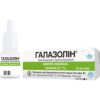
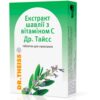


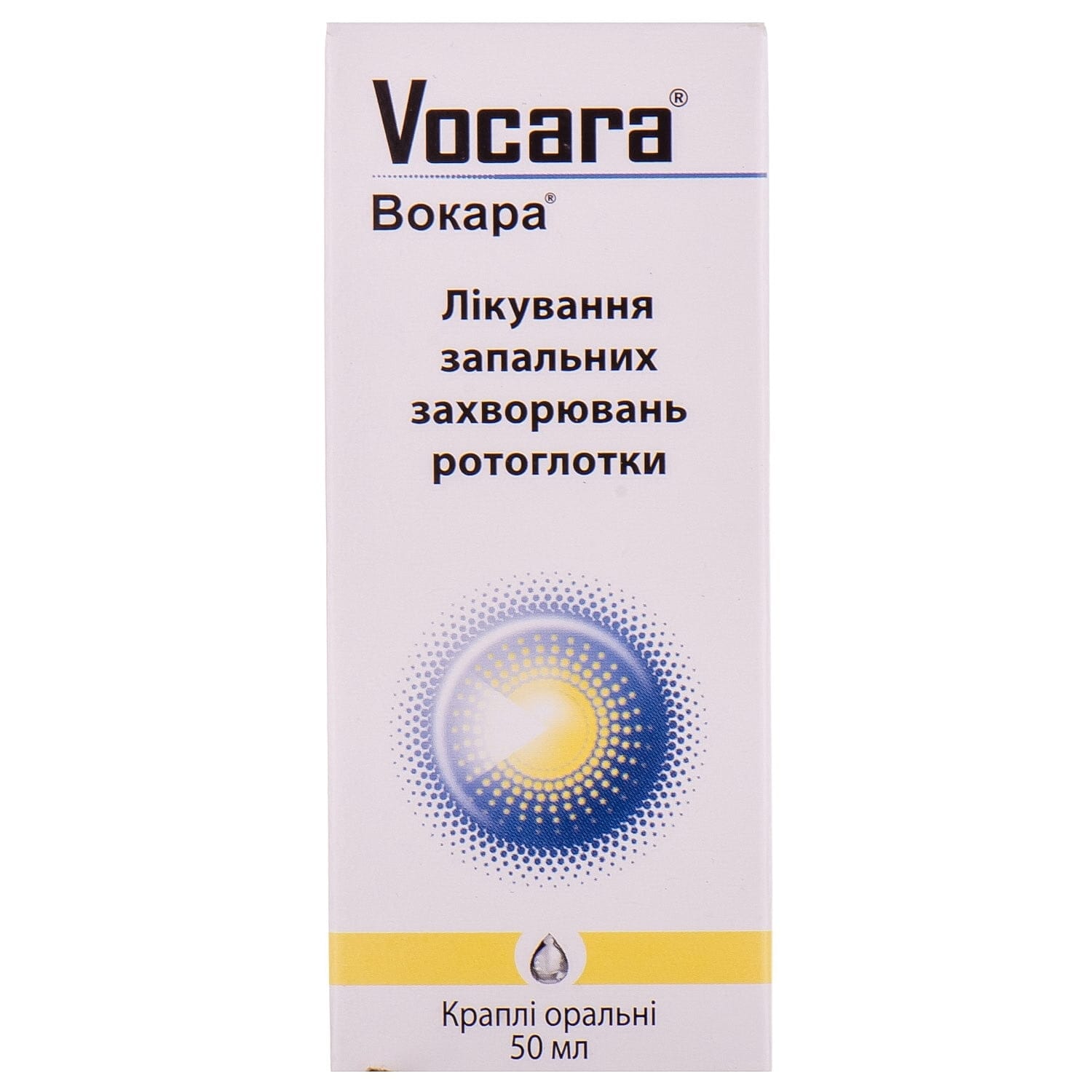
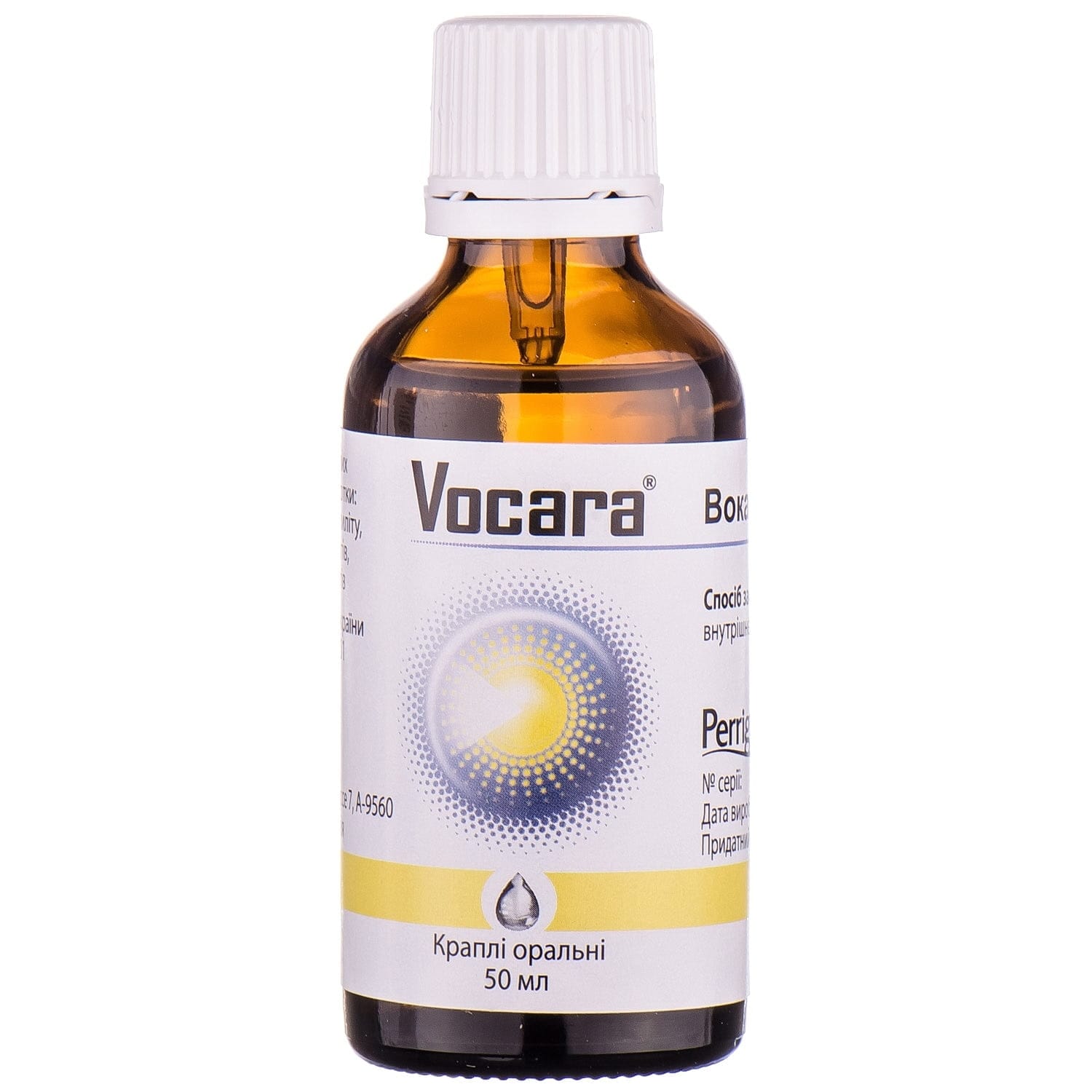
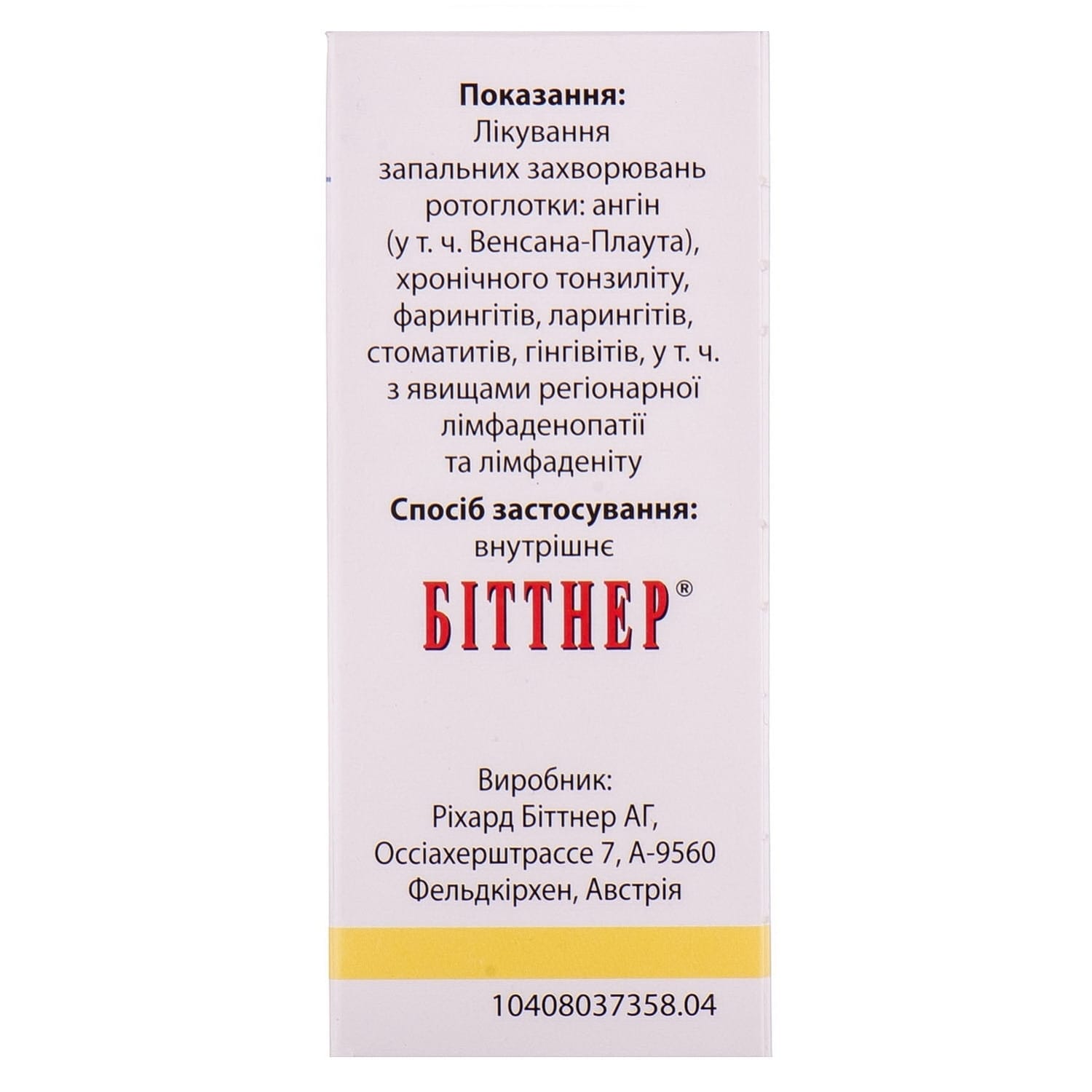
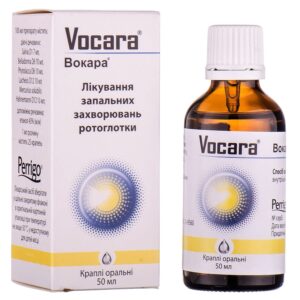
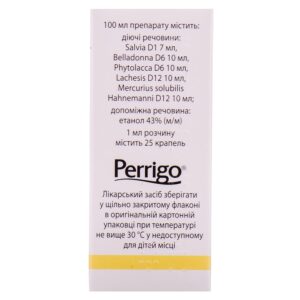
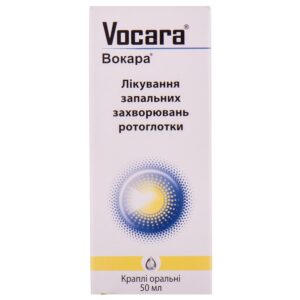
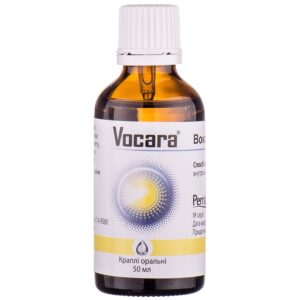
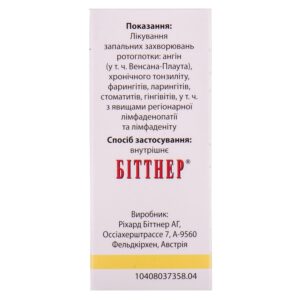
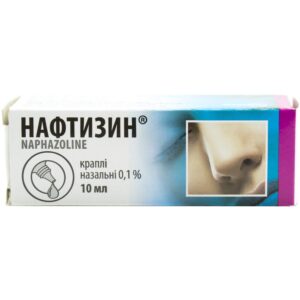
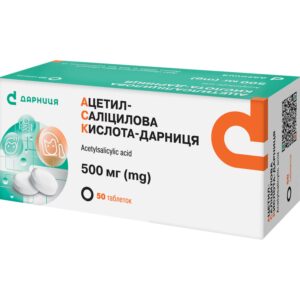
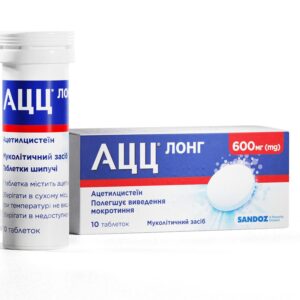
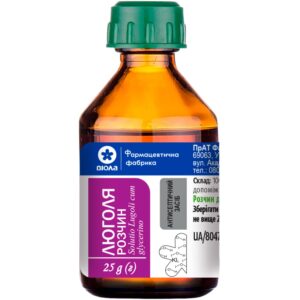
Reviews
There are no reviews yet.